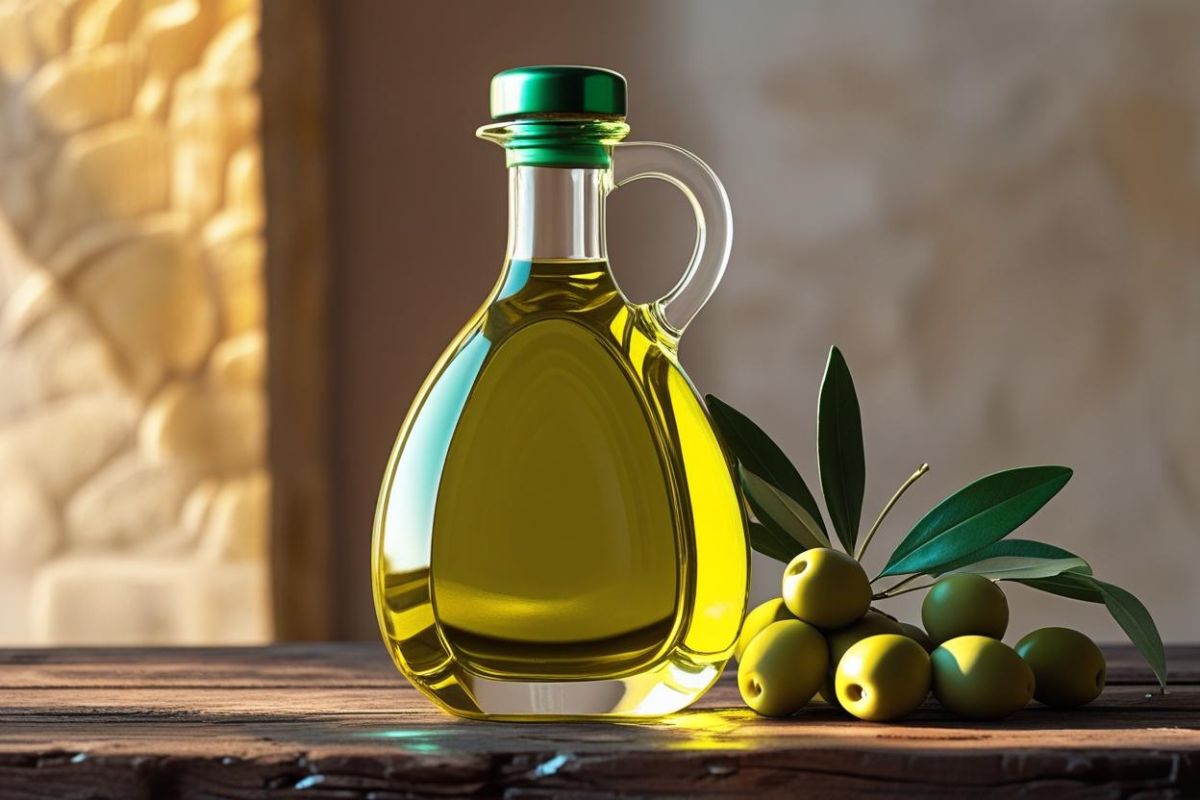
Olive Oil for High Blood Pressure: Benefits, Usage, and How Long It Takes to Work
High blood pressure, or hypertension, is a widespread health concern, silently increasing the risk of serious conditions like heart disease and stroke. Managing blood pressure often involves lifestyle adjustments, and diet plays a significant role. Among the various dietary recommendations, the inclusion of olive oil has garnered considerable attention for its potential cardiovascular benefits. This post will explore the compelling link between olive oil for high blood pressure and how incorporating it into your diet can contribute to a healthier heart.
Does Olive Oil Lower Blood Pressure?
The question, "does olive oil lower blood pressure?" is frequently asked, and scientific research provides encouraging answers. Numerous studies suggest that regular consumption of extra virgin olive oil can indeed contribute to a reduction in blood pressure levels. This is largely attributed to its unique composition of monounsaturated fatty acids (MUFAs) and powerful antioxidants, particularly polyphenols.
These components work synergistically to improve arterial function, reduce inflammation, and enhance nitric oxide bioavailability, all of which are crucial for maintaining healthy blood flow and pressure. While olive oil is not a replacement for prescribed medication, it can be a valuable dietary addition to a comprehensive blood pressure management plan.
Benefits of Olive Oil for High Blood Pressure
Beyond its direct impact on blood pressure, olive oil offers a spectrum of benefits that support overall cardiovascular health, which is vital when managing hypertension:
Antioxidant Power: The rich polyphenol content in olive oil acts as potent antioxidants, protecting blood vessels from oxidative damage. This is crucial for maintaining the flexibility and health of arteries.
Anti-inflammatory Properties: Chronic inflammation contributes to various cardiovascular issues. Olive oil possesses anti-inflammatory compounds that can help reduce systemic inflammation, benefiting heart health.
Improved Endothelial Function: The endothelium, the inner lining of blood vessels, plays a key role in blood pressure regulation. Olive oil helps improve endothelial function, allowing blood vessels to relax and widen more effectively.
Cholesterol Management: While the primary focus here is blood pressure, olive oil can also positively impact cholesterol levels, helping to lower 'bad' LDL cholesterol while maintaining 'good' HDL cholesterol, further supporting heart health.
How to Use Olive Oil for High Blood Pressure
Incorporating olive oil into your daily diet is simple and delicious. Here’s how to use olive oil for high blood pressure:
Replace Unhealthy Fats: Swap out saturated and trans fats in your cooking with extra virgin olive oil. Use it for sautéing vegetables, dressing salads, or drizzling over cooked dishes.
Dressings and Dips: Make your own salad dressings with olive oil, vinegar, and herbs. It can also be a healthy dip for whole grain bread.
Finishing Oil: A drizzle of extra virgin olive oil over soups, grilled fish, or roasted vegetables adds flavour and health benefits without needing high heat.
Morning Ritual: Some individuals choose to consume a tablespoon of extra virgin olive oil directly in the morning, either plain or mixed with a little lemon juice.
Remember, moderation is key, as olive oil is calorie-dense. A daily intake of 2-3 tablespoons is generally recommended as part of a balanced diet.
How Long Does Olive Oil Take to Lower Blood Pressure?
The question of "how long does olive oil take to lower blood pressure?" is a common one, but it does not have a single, definitive answer. The effects of dietary changes, including the regular consumption of olive oil, are generally gradual and cumulative. You are unlikely to see an immediate drop in blood pressure after a single use.
Consistent daily intake as part of a healthy, balanced diet, combined with other positive lifestyle choices (like regular exercise and reduced sodium intake), typically shows benefits over several weeks to a few months. Some studies indicate that measurable reductions can be observed within 4-8 weeks of consistent daily consumption. It is a long-term dietary strategy, not a quick fix. Regular monitoring of your blood pressure is always advisable when making lifestyle changes.
Best Olive Oil for High Blood Pressure
When choosing olive oil for high blood pressure, quality matters significantly. The best olive oil for high blood pressure is undoubtedly extra virgin olive oil.
Extra virgin olive oil is the purest form, obtained from the first cold pressing of olives without chemical treatments. This process preserves its beneficial compounds, including polyphenols and antioxidants, at their highest levels. Look for bottles that state "extra virgin" and are ideally in dark glass to protect the oil from light degradation. The flavour profile of extra virgin olive oil can vary, so explore different varieties to find what you enjoy most.
Conclusion
Incorporating high-quality extra virgin olive oil for high blood pressure is a delicious and evidence-backed way to support your cardiovascular health. While it is a powerful dietary ally, remember it works best as part of a holistic approach to managing hypertension, alongside a balanced diet, regular physical activity, and medical guidance. Embrace this liquid gold as a staple in your kitchen and take a proactive step towards a healthier heart.

